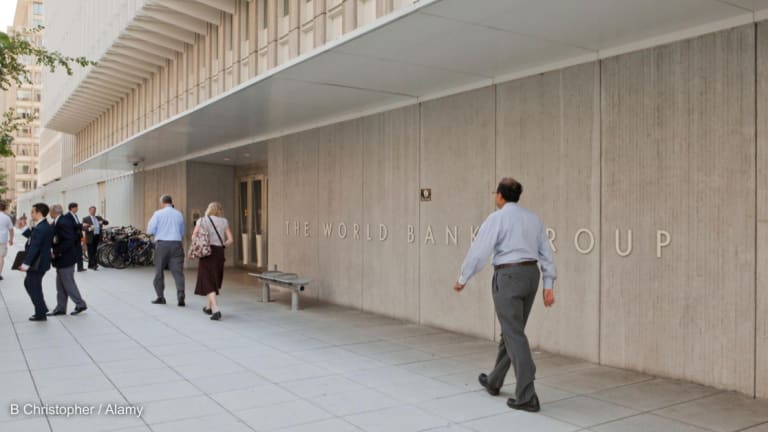Amateurs cannot replace development professionals, Dave Algoso says in an article published in Foreign Policy’s website. He is reacting to a recent New York Times Magazine story, written by Nick Kristof, that featured the success of amateurs in the development industry.
>> Kristof: Yes, You Can Change the World
“The stories sound lovely,” Algoso, who is pursuing a graduate degree in international development in New York University, says. “We all want to tell ourselves the story about fighting through hardship – each of these women made personal sacrifices for their work – to make the world a better place. Unfortunately, such stories don’t reflect reality.”
“Spend a little time in any community in the world, and you’ll see people from that community finding ways to improve it – not outsiders,” he adds, while lamenting the absence of local community members in Kristof’s narrative.
He also claims that Kristof’s feature makes “development seem simple.”
“What Kristof misses is that even seemingly obvious solutions are more complicated than they appear,” Algoso explains. “Development means change, and change is always complicated – and often political. Change is also political.”
He adds that Kristof also fails to address a key issue that’s often overlooked in similar narratives: the impact of foreign aid and workers on the local economy, culture and political structure. He argues that outside impact more often has adverse effects on local businesses and society.
Algoso clarifies that he bears nothing against the people described in Kristof’s feature and recognizes that a number of big initiatives or institutions, such as Muhammad Yunus’ Grameen Bank, started small. But other similar projects have failed after drawing a massive amount of support from worthier projects, he says.
“My advice is to hire a professional,” Algoso shares. “And if you want to do this work yourself, become a professional.”




